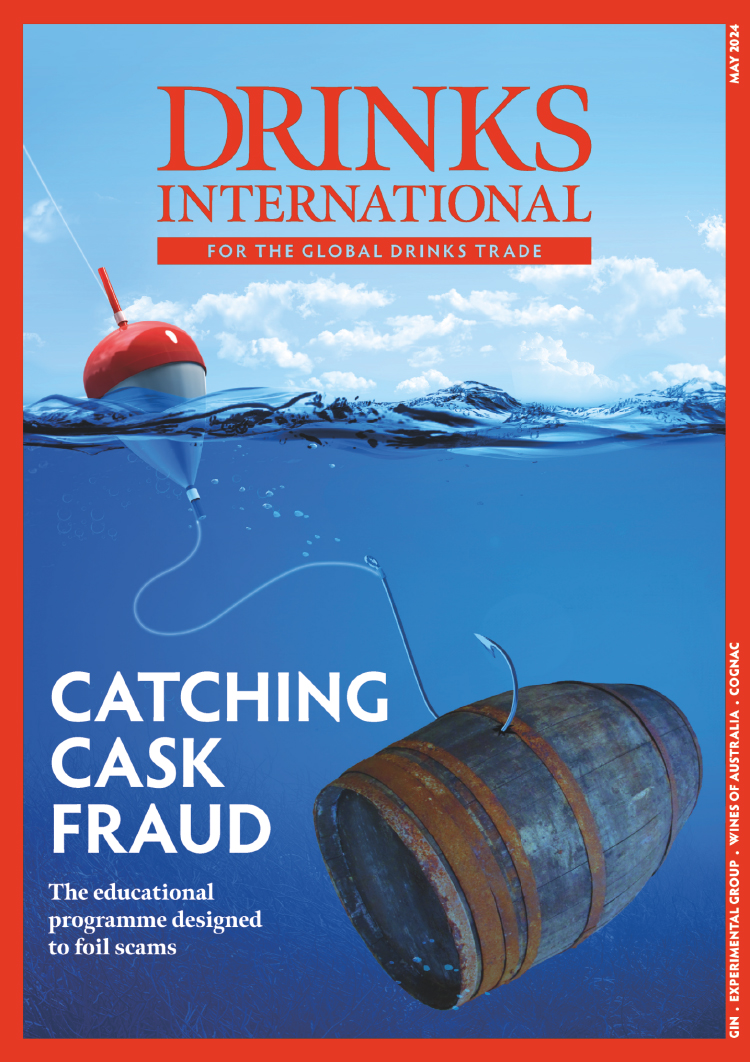____________________________________
YOU’RE PROBABLY selling premium spirits, but what about premium mixers? Steve Carter, sales an d marketing director at Frobishers Juices, believes that, all too often, operators concentrate on providing a spirit, beer or wine list with a premium edge then let quality and taste slide when it comes to mixers and soft drinks.
d marketing director at Frobishers Juices, believes that, all too often, operators concentrate on providing a spirit, beer or wine list with a premium edge then let quality and taste slide when it comes to mixers and soft drinks.
“At Frobishers we advocate that the same care and attention should be placed in your choice of mixer as your choice of spirit, as there’s little point in ordering a premium spirit then teaming it with a lower-quality mixer.”
Carter reckons it’s a false economy too. “A lower-quality mixer takes the edge off a premium spirit, both in terms of taste and flavour profile and profit margin potential. We see demand for premium 100% natural, no-nonsense fruit juices and juice drinks continuing to grow. Savvy operators are realising the benefits of a switch to premium through increased sales and profit margins.”
His view is shared by Paul Benjamin, managing director of Benjamin & Blum, who likes to mix drinks that are equals – ie a spirit with a drink that can stand up by itself. In Benjamin’s case he’s talking rare, small-batch teas, which have been specially selected, brewed and bottled to enjoy with exceptional whiskies, cognacs and cigars.
“The idea of how tea could be used as a bar drink came to me while I was in Japan,” he says. “There’s a lot of interest there in pairing food and drink but also tea with whisky. Bars there do a great job of bringing the two drinks together.”
With this in mind, Benjamin set out to create a range of teas that could be enjoyed as a sophisticated drink but also could be drunk with spirits so they’d have a dual function.
CONTINUING TREND
The Benjamin & Blum brand launched in Asia first because of the huge interest there in mixing tea with whisky. “It’s very popular across China, Japan and south east Asia,” says Benjamin, who maintains that it’s not a fad but a continuing trend.
Indeed, Benjamin & Blum is already stocked by premium hotels such as the Shangri-La in Hong Kong and Four Seasons in Macau.
The brand launched in the UK in October, first into Selfridges then into hotels and bars.
Rather than focus on tea’s health-giving properties Benjamin says his brand is more about the taste and provenance of the tea, on how it can enhance or change the way the consumer appreciates a spirit. “Mixing draws out the character of both drinks,” he says.
Each tea is selected for its rarity and taste. It is then brewed in Britain, using Scottish spring water. The company’s White Peony (Bai Mu Dan) tea, for example, is grown at high altitude in Darjeeling, and is handpicked once a year in perfect conditions to create a delicate and fragrant drink. It complements cognacs and armagnacs, as well as rich sherried or fruity whiskies. When mixing the tea with a whisky or cognac, it is advised to try it in a one-to-one ratio, adding more tea according to taste.




